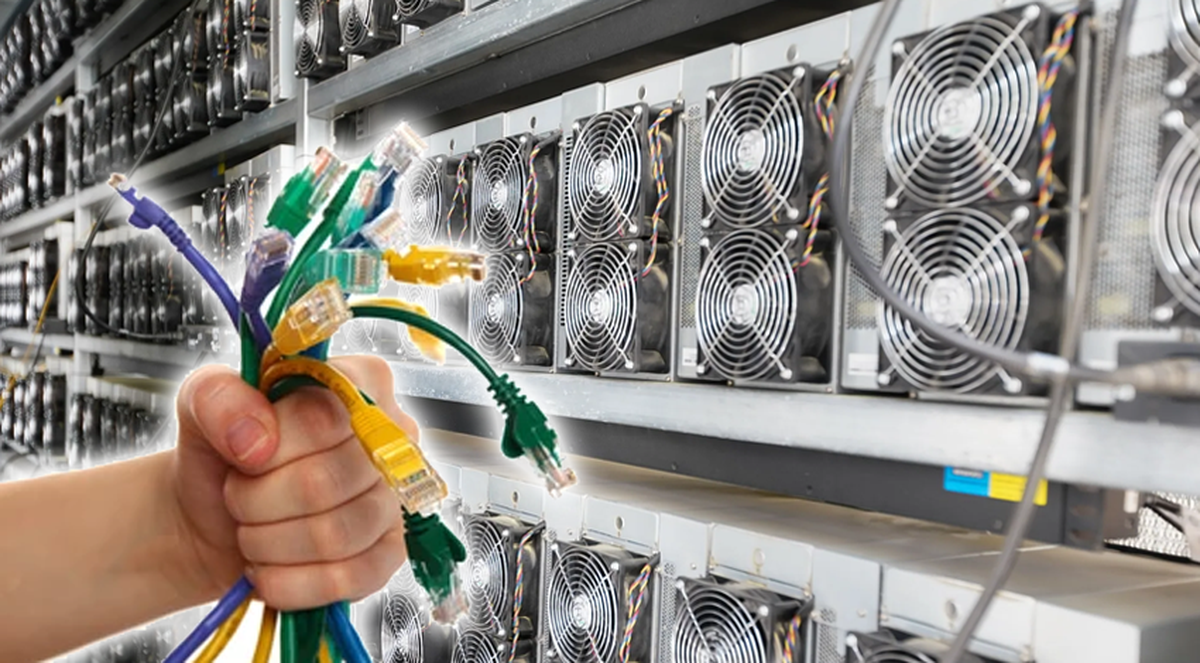03/05/2025
03/05/2025

KUWAIT CITY, May 3: The State has intensified its efforts to combat cryptocurrencies, particularly Bitcoin, due to their negative impact on the economy, the rising number of citizens who have fallen victim to the use of this currency, and the exorbitant amount of electricity used in Bitcoin mining. Many economists, technology, and legal experts have called for the continued blocking of websites that facilitate cryptocurrency trading and for anyone found to be involved in the trade to be held accountable.
They stressed the need for parental supervision over adolescents, as a study showed that 60 percent of Bitcoin traders in the country are adolescents. This is in addition to calls for the opening of State-recognized platforms for trading cryptocurrencies, similar to those in other Gulf countries. Financial expert Salah Al-Jimaz pointed out that Bitcoin mining is a complex algorithmic process whereby a customer who is proficient in mining obtains a Bitcoin or a portion of that currency. “However, it is an extremely arduous process requiring extensive effort. Trading in Bitcoin and cryptocurrencies is available on some global exchanges, but it is criminalized in Kuwait because the Central Bank prohibits it,” he revealed.
He suggested allowing licensed digital platforms in Kuwait to trade digital currencies, as they could generate billions for the country by establishing mechanisms and conditions for approving licenses for these digital platforms. He explained that the State could impose taxes on these platforms and on traders’ profits to discourage some from trading in these virtual currencies in neighboring countries, especially since the Kingdom of Bahrain and the United Arab Emirates (UAE) permit trading in encrypted digital currencies. Lawyer and economic expert Salem Al-Kandari supported the government’s efforts to dry up the sources of cryptocurrencies in the country, as he believes they are being exploited for money laundering operations. He said the money mafia is highly skilled in using technology, enabling them to easily launder money through cryptocurrencies.
He added “The money laundering network exploits a person with a clean reputation and transfers cryptocurrencies under his name. After depositing them in banks, paper currencies are used to purchase cryptocurrencies. The money laundering mafia also uses the internet to facilitate the sale of drugs, unlicensed firearms, stolen data and hacking tools through cryptocurrencies. Global terrorist groups can exploit the internet to raise funds in the form of donations to carry out terrorist operations.
After the money laundering operations, the cleaned funds are withdrawn and converted into a base currency.” He stated that the main risk posed by cryptocurrencies is the anonymity of users by enabling untraceable transactions between parties. “The absence of names, bank details and identity verification raises concerns and suspicions due to the lack of regulatory scrutiny,” he elaborated. Computer Science Professor at Kuwait University and Kuwait Society for Information Security Chairperson Dr. Safaa Zaman disclosed that some people confuse Bitcoin mining with money laundering. She clarified that money laundering occurs only through trading Bitcoin on platforms, but mining involves creating currency using algorithms.
She stated that Kuwait criminalizes Bitcoin mining due to the excessive consumption of electricity, indicating these operations are unlicensed here and the State does not impose taxes on them. She pointed out that the impact of cryptocurrencies on the global or local economy is extremely weak, as virtual cryptocurrencies are not valued in gold like paper currencies and other reserves. “As the first to expose the case of a developer who defrauded Kuwaiti investors of $40 million through ‘Bitcoin Kuwait’ and then fled, the government has started closely monitoring Bitcoin mining activity and it is working hard to prevent its trading in the country.
By Najeh Bilal
Al-Seyassah/Arab Times Staff


